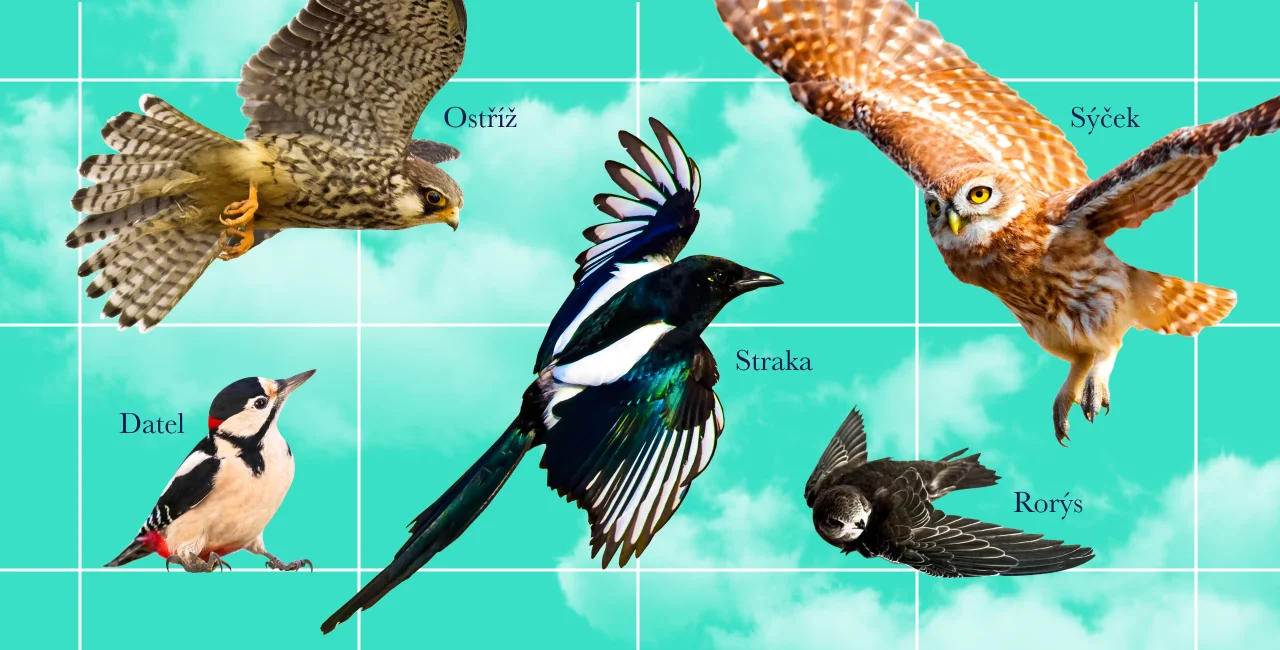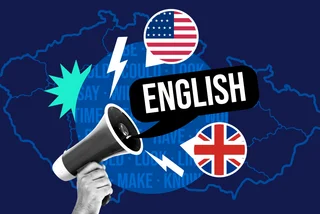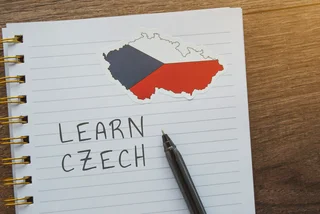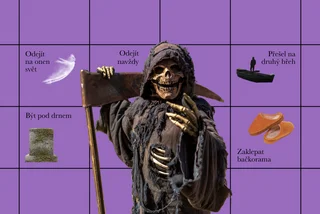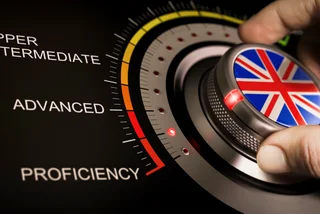The summer months are a lively time for birds in the Czech Republic. As the temperatures heat up, many species that wintered in warmer regions have returned, filling the skies and trees with their vibrant presence. Unsurprisingly, the Czechs have a unique name for every feathered friend they spot. Exploring the origins of these avian monikers can be a great way to connect with the natural world around us and level up your Czech!
Take the woodpecker, for example. Its Czech name is DATEL, which initially doesn’t seem that meaningful. But the original name was DLOUBATEL, based on the verb DLOUBAT, meaning “to peck.” So the name is pretty logical, referring to the bird pecking at trees. People just got lazy over time and shortened it to DATEL. If you want to impress your Czech friends, you can tell them about the origin of the woodpecker’s name.
Then there’s the magpie, known as STRAKA in Czech. The name comes from the bird’s distinctive black and white, or “mottled” (STRAKATÝ), feathers. But the magpie has a bit of a reputation in the Czech Republic; it’s seen as a thief who loves shiny, sparkly things, which it steals and hides in its nest. There’s even a saying: “Krade jako straka." This translates to: “Steals like a magpie.”
The little owl, called SÝČEK in Czech, gets its name from the SYČET sound it makes when angry. Since it’s active at night, people used to hear this hissing sound and think it was a bad omen. That’s where the verb SÝČKOVAT/SEJČKOVAT comes from, meaning “to expect something bad to happen.”

The biggest owl, the eagle or horned owl, is the VÝR or VEJR in Czech. It’s known for being very attentive, so you can use its name to say someone is staring hard at you. “Co vejráš?” means “Why are you staring at me like an owl?”
The falcon, OSTŘÍŽ in Czech, gets its name from the sharp (OSTRÝ) eyesight it needs to fly at speeds up to 200 km/h. If you want to compliment someone’s keen vision, you can say “Má zrak jako ostříž,” which translates to “they have eyes like a falcon.”
You can use many other fun Czech bird names and sayings. Your hair can be as messy as a RORÝS (swift), you can be as thin and delicate as a STŘÍZLÍK (wren), or you can count down the years until you get married by listening for a KUKAČKA (cuckoo) call. To learn more about Czech birds, check out the birdlife.cz.











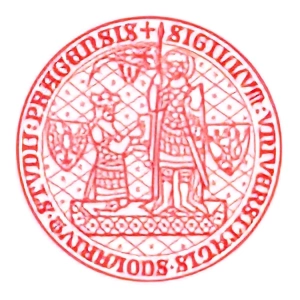
 Reading time: 2 minutes
Reading time: 2 minutes 